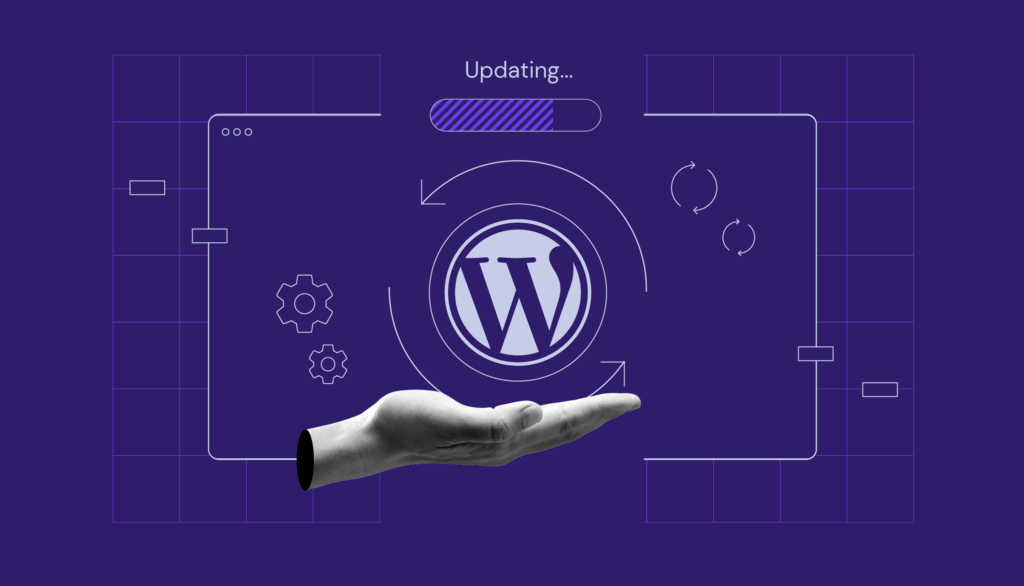WordPress CMS (Content Management System) has revolutionized the way websites are built and managed. Initially developed as a blogging platform, it has evolved into one of the most popular and powerful content management systems in the world. With its user-friendly interface and extensive plugin ecosystem, WordPress offers numerous benefits to businesses, bloggers, developers, and anyone seeking to establish an online presence. In this article, we will delve into the myriad advantages of using WordPress as a CMS and explore why it remains the go-to choice for countless website owners.
- User-Friendly Interface
One of the most significant benefits of WordPress is its intuitive user interface. Its simple and user-friendly dashboard allows even non-technical individuals to create and manage content easily. Whether you’re adding new pages, uploading media, or making changes to your website’s layout, WordPress’s straightforward interface ensures a smooth user experience, reducing the need for extensive technical training.
- Extensive Customization Options
WordPress offers a plethora of themes and templates, allowing users to customize the look and feel of their websites to match their brand identity and preferences. Moreover, the WordPress community constantly develops and releases new themes, both free and premium, giving users an abundance of options to choose from. The ability to customize every aspect of a website empowers businesses to create unique and visually appealing sites that resonate with their target audience.
- Plugin Ecosystem for Functionality Expansion
The true power of WordPress lies in its vast plugin ecosystem. Plugins are extensions that add specific functionalities to a website. Whether you need to enhance SEO, add social media integration, create contact forms, or optimize website performance, there’s likely a plugin available for it. The WordPress plugin repository offers thousands of free plugins, and premium plugins from third-party developers provide even more advanced features. This extensibility makes WordPress a versatile CMS suitable for any kind of website.
- SEO-Friendly Architecture
Search Engine Optimization (SEO) is essential for driving organic traffic to a website. Fortunately, WordPress is inherently SEO-friendly. Its clean and efficient code, coupled with plugins like Yoast SEO, helps website owners optimize their content for search engines easily. The ability to customize meta tags, URLs, and headings empowers users to create SEO-friendly content without deep technical knowledge.
- Mobile-Responsive Design
In today’s mobile-first world, having a mobile-responsive website is crucial. WordPress themes are designed with mobile responsiveness in mind, ensuring that websites look and function seamlessly on various devices, including smartphones and tablets. This responsiveness improves user experience and contributes to better search engine rankings, as Google prioritizes mobile-friendly sites.
- Robust Security Features
WordPress takes website security seriously. Regular updates and patches are released to address potential vulnerabilities, ensuring that the platform remains secure. Additionally, the vast WordPress community actively develops security plugins, such as Wordfence and Sucuri, which add layers of protection to websites, safeguarding them from potential threats and attacks.
- Seamless Content Management
As a CMS, WordPress excels in managing content effectively. It offers a built-in editor that allows users to create and edit content effortlessly, similar to working in a word processor. Its intuitive media library lets users organize and manage images, videos, and other media files conveniently. WordPress’s hierarchical taxonomy system also enables the creation of custom content types, making it easier to structure and manage complex websites with diverse content.
- Scalability and Performance
WordPress is scalable, making it suitable for websites of all sizes. From personal blogs to enterprise-level e-commerce stores, WordPress can handle it all. With a focus on performance optimization, caching mechanisms, and database management, the platform ensures that websites run efficiently even with an increasing number of visitors and content.
- Community Support and Documentation
Being an open-source platform, WordPress has a massive and active community of developers, designers, and users who contribute to its growth and development. This community support is invaluable when encountering issues or needing guidance in using WordPress effectively. Additionally, the platform boasts extensive documentation, tutorials, and forums that cater to both beginners and seasoned developers.
Conclusion
In conclusion, WordPress CMS offers a plethora of benefits that make it an ideal choice for building and managing websites. Its user-friendly interface, extensive customization options, and vast plugin ecosystem ensure that businesses and individuals can create unique and feature-rich websites without extensive technical expertise. Moreover, its SEO-friendly architecture, mobile-responsive design, and robust security features contribute to a seamless user experience while protecting against potential threats. As a scalable and performance-oriented CMS, WordPress remains a powerful tool for individuals and businesses seeking a reliable and versatile platform to establish their online presence.





